

From left, Ana Ika, Brooke Pao-Stanley and Angee Nicholas.
Photo/Supplied
Pacific families struggle as hardship grows
The Salvation Army’s State of the Nation report reveals worsening conditions for Pacific communities, with rising unemployment, food insecurity, and housing struggles.


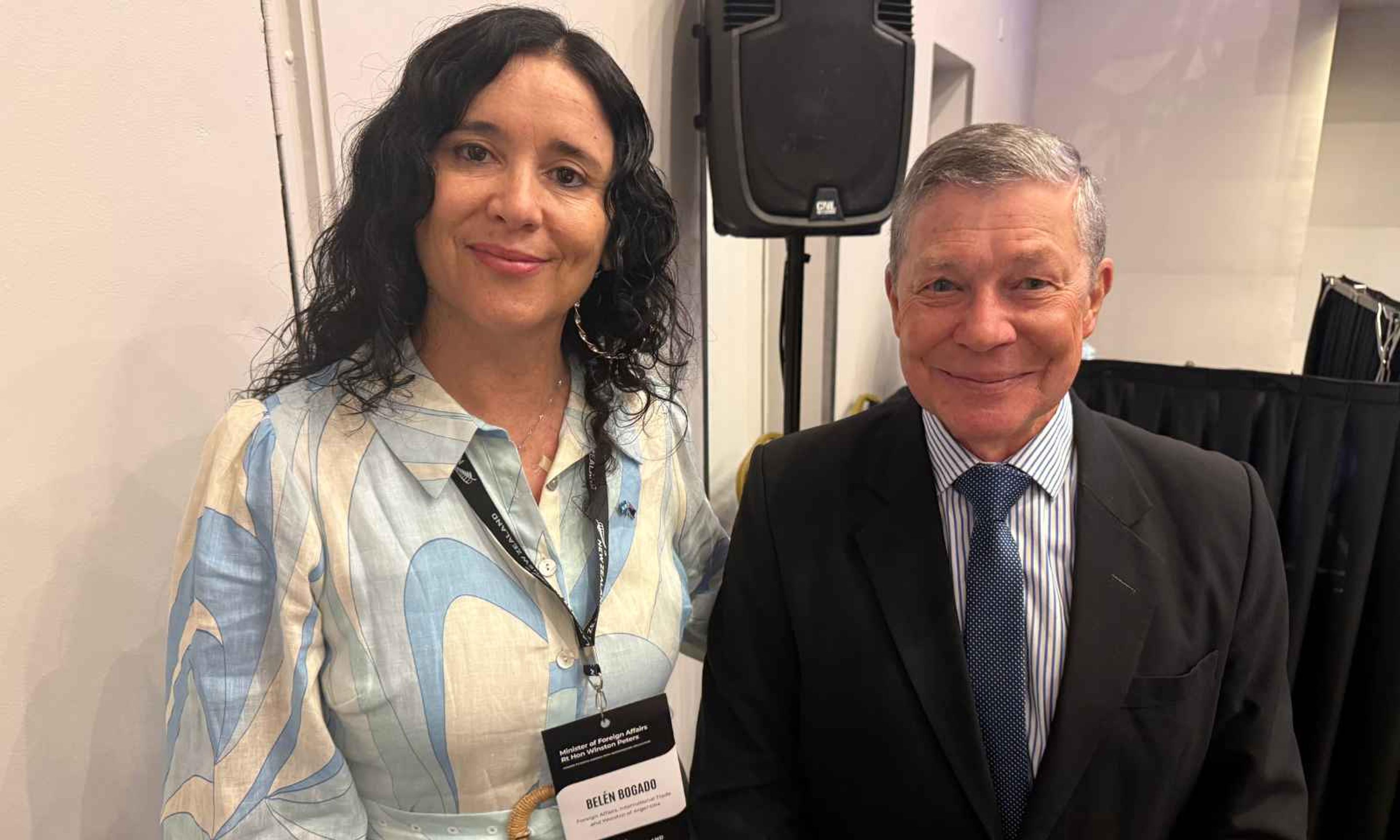
How the Pacific region could benefit from Argentina’s economic rebound, expert
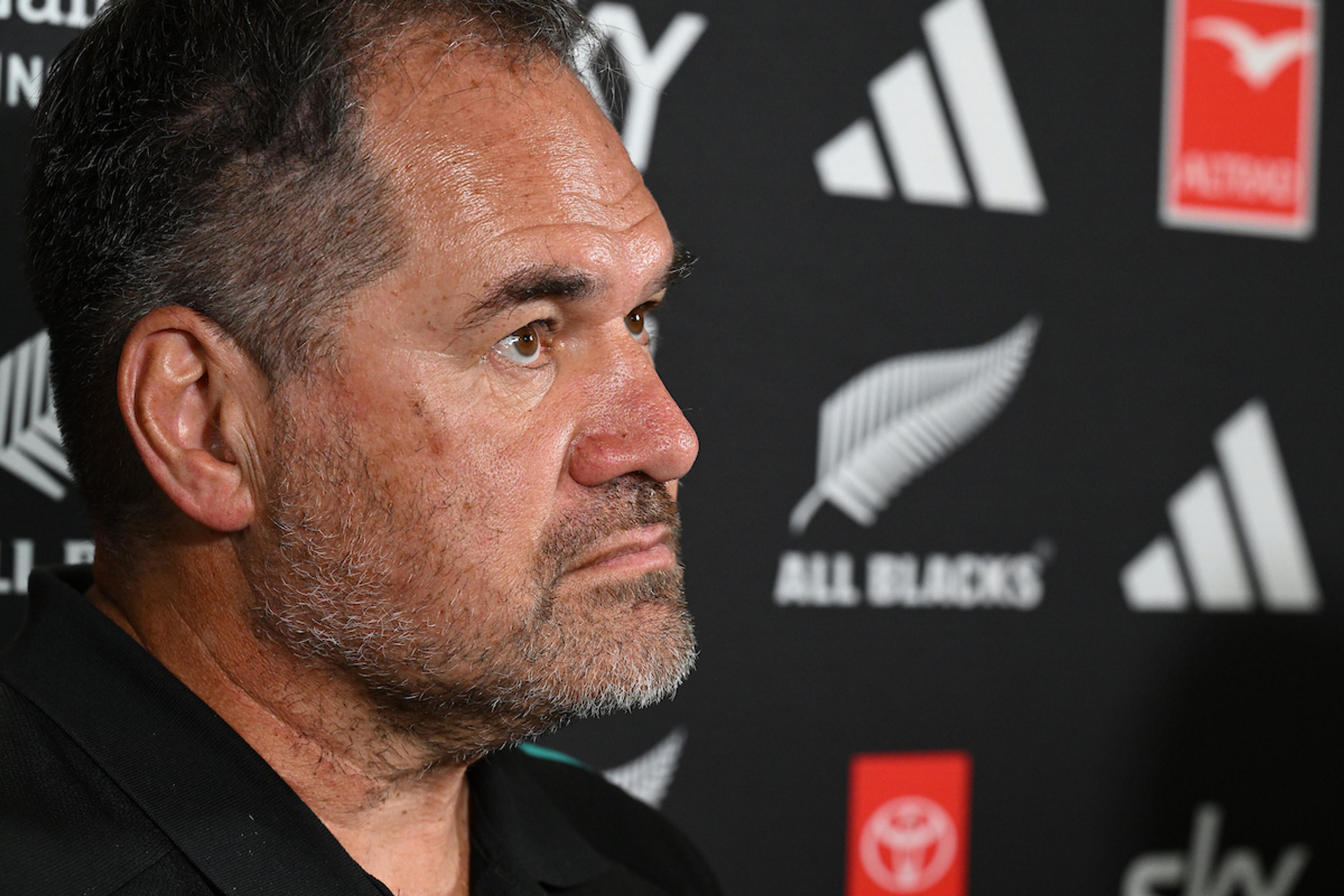
Dave Rennie becomes first All Blacks coach of Pacific heritage

‘Without fear or favour’: Barbara Dreaver chronicles 30 years on the Pacific frontline


Tongan family in Abu Dhabi recount explosions as Middle East conflict escalates

How the Pacific region could benefit from Argentina’s economic rebound, expert

Dave Rennie becomes first All Blacks coach of Pacific heritage

‘Without fear or favour’: Barbara Dreaver chronicles 30 years on the Pacific frontline
Findings from the Salvation Army’s State of the Nation 2025 report are not surprising, says social policy analyst Ana Ika.
Ika credits the challenges to the restrictions the Government has put in place.
Speaking on Pacific Mornings, she says her team is on the front line and has seen the challenges people face throughout the Salvation Army's various services, prior to the government releasing the numbers.
“It's not necessarily surprising given a lot of the restrictions that this government has put in place,” Ika says.
“But the reason why we put out this report is to sort of paint a picture of what the realities are and what we can do about it.”
The Salvation Army’s State of the Nation 2025 report has painted a bleak picture of social progress in Aotearoa.
Titled Kai, Kāinga, Whānau - The Basics: Food, Home, Family, the report reveals worsening conditions for individuals and families across multiple social indicators.
Watch Ana Ika's full interview here.
The report underscores more than 400,000 people are now relying on welfare - the highest number since the 1990s.
Meanwhile, food insecurity continues to rise, with half of all Pacific children experiencing hunger at least some of the time.
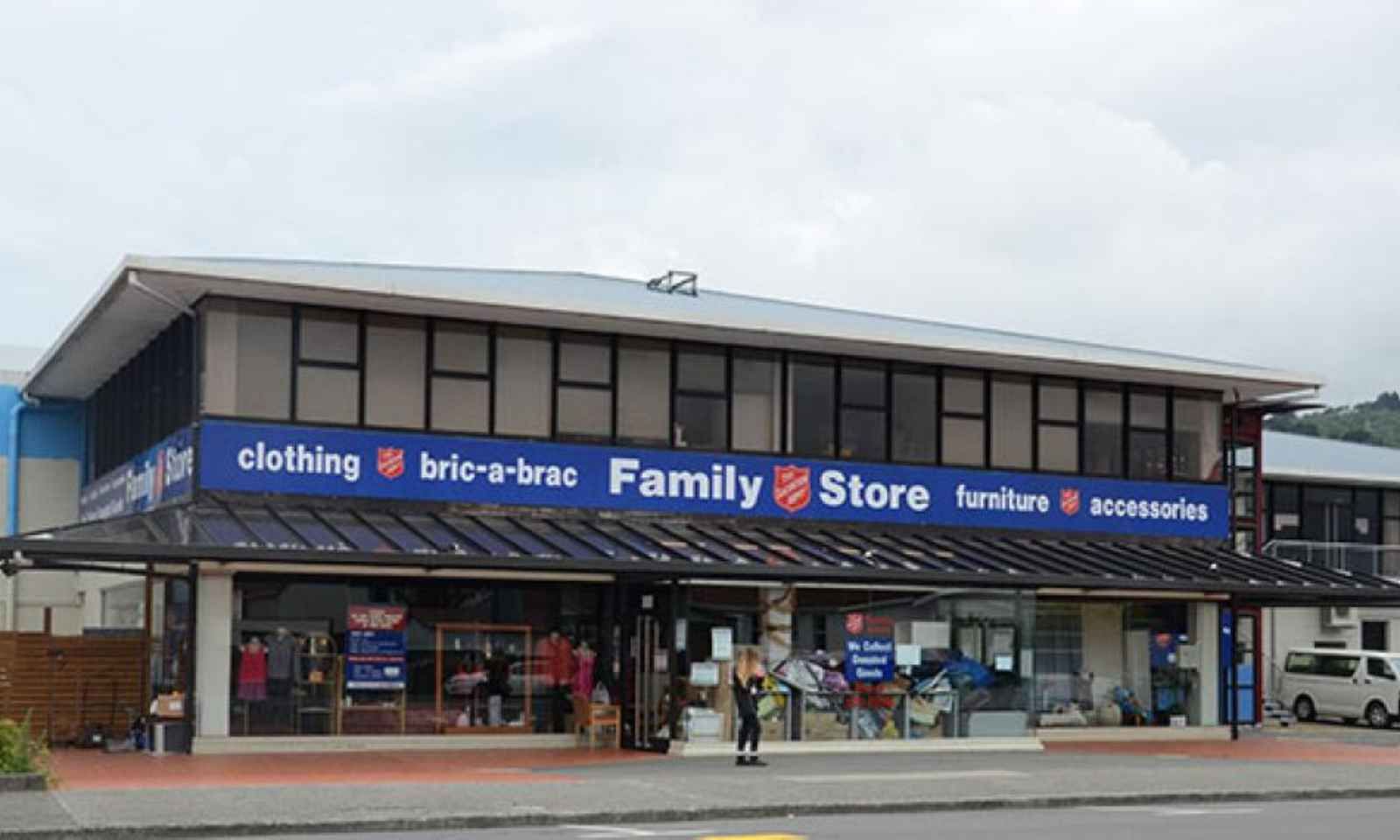
The first Salvation Army meeting in New Zealand was held in Dunedin on 1 April 1883. Photo/Salvation Army NZ
Housing affordability remains a major concern, with private rentals unaffordable for many low-income families despite a small increase in social housing units.
Pacific communities: A mixed picture
When asked specifically about Pacific communities, Ika notes both progress and ongoing challenges.
“It's a bit of a mixed picture. When we're looking at Pacific [peoples], there are some, particularly when we're looking at ECE levels, where participation for Pacific has increased in the past year.
“And also when you're looking at hazardous drinking, those that drink alcohol excessively or to a dangerous level, Pacific are actually lower than the national rate.
“When we're coming back to food insecurity, a lot of our Pacific population lives in communities that have really high unaffordable rental properties, and so a lot of them are on the social housing register.
“All of these factors are interlinked. You can't necessarily look at food insecurity without looking at employment levels.”
She explains that the unemployment rate for Pacific people is double that of the national rate, which is about five per cent.
“If our household incomes are low, that's an indicator of the sort of financial hardship and food insecurity we're seeing in the front lines.
“There's a lot that needs to be done in regards to lifting up the social progress for Pacific communities.
“But at the same time, we need to acknowledge when we're looking at incarceration levels for Pacific, that has declined.”
Violence against children and youth well-being
Another concerning trend in the report is the rise in violence against children, with a sharp increase in the number of hospitalisations due to assault, abuse, or neglect.
“Violence against children is a huge red flag, particularly when you expose children to violence at such a young age, it's sort of a precursor into negative outcomes further on in life,” Ika continues.
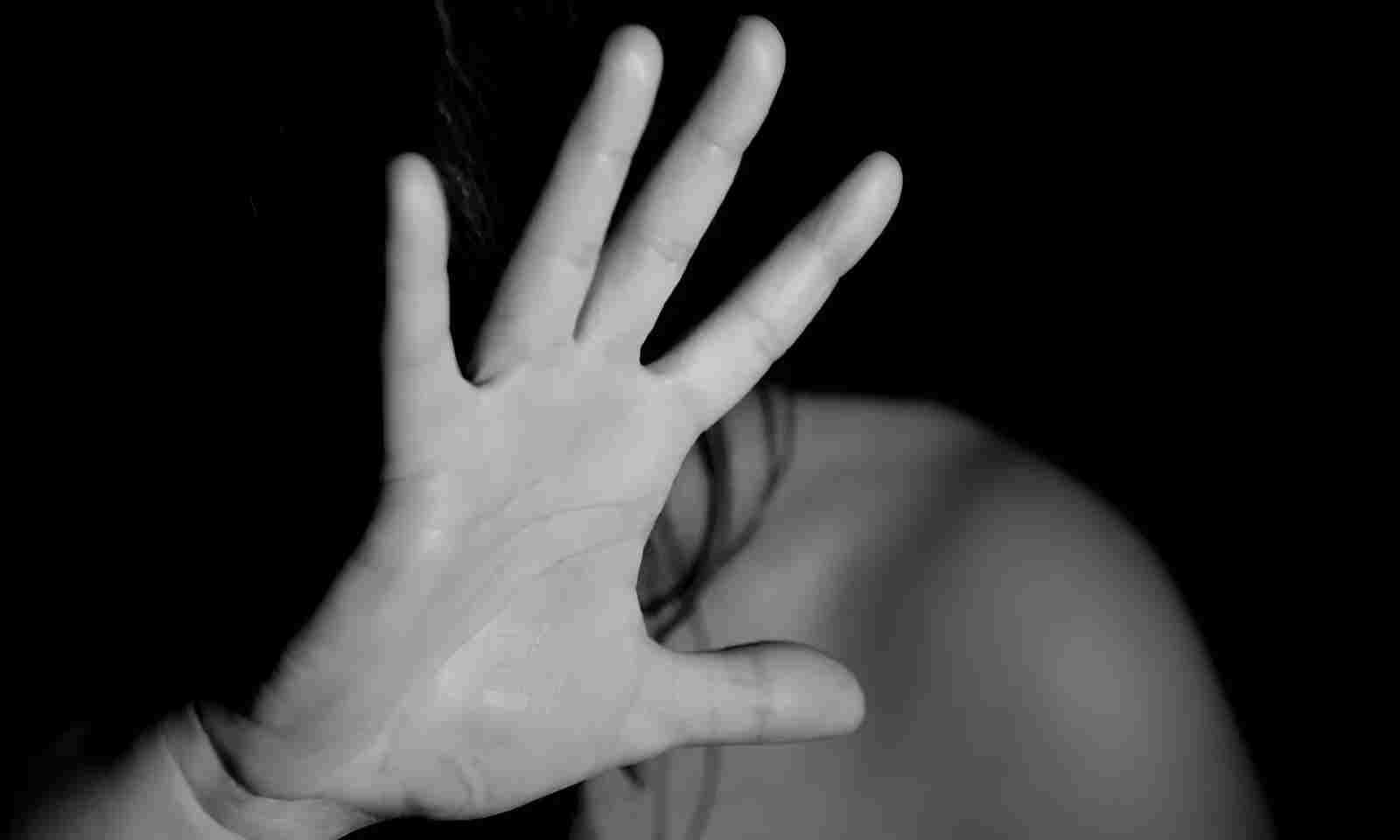
Another concerning trend in the report is the rise in violence against children. Photo/Supplied
“The challenge is, the other side of things is because violence against children is often underreported.
“Our hope is the reporting levels are increasing because when you lift the reporting levels, and people are more susceptible to report violence against children, then we can do something about it.
“Often times family violence and violence against children are hidden or swept under the rug.”
She acknowledges the topic is a difficult one for Māori and Pacific families.
Youth mental health also remains an ongoing challenge.
"One in four young adults experiences high levels of psychological distress, a number that has remained high in recent years.
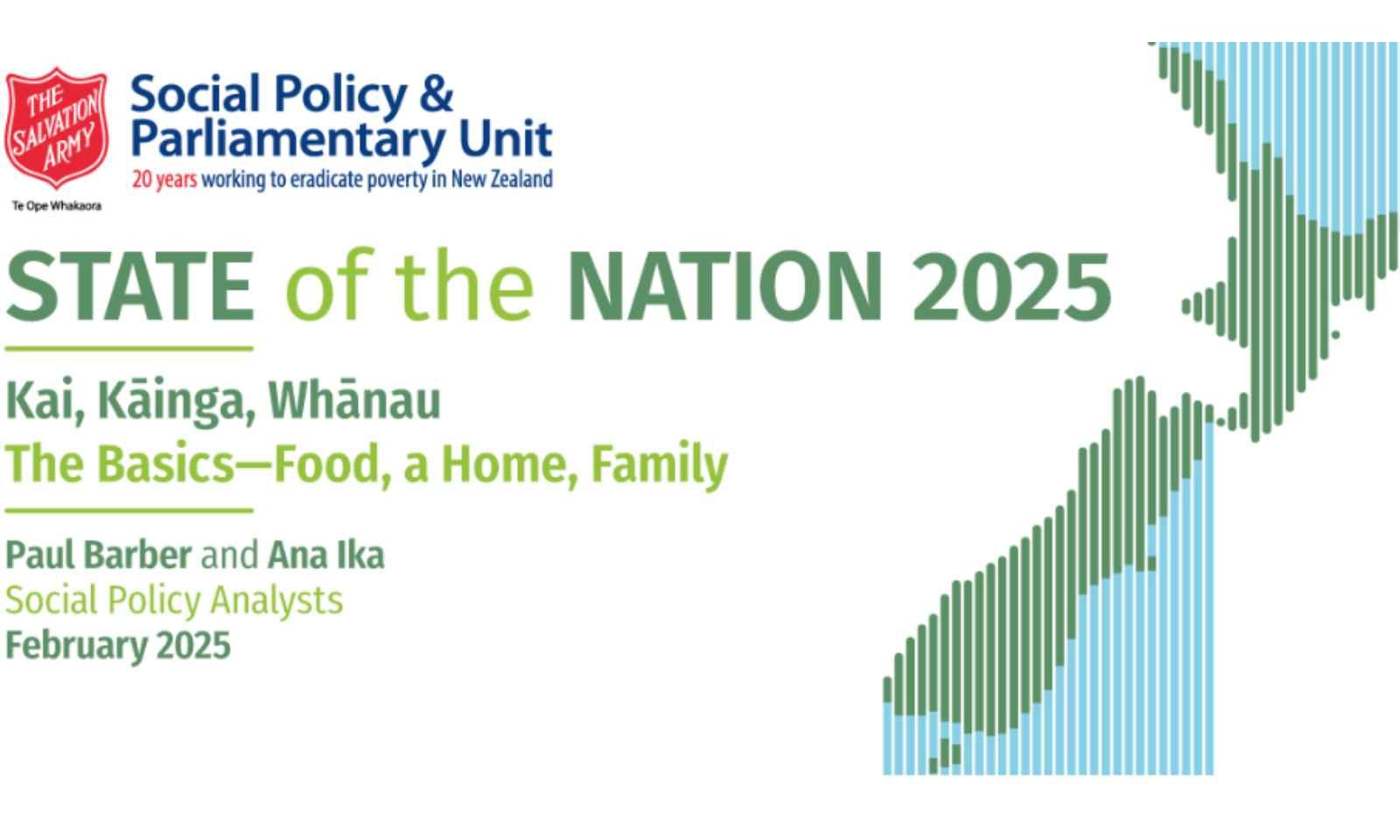
This is the Salvation Army's 18th State of the Nation report. Photo/Salvation Army NZ
Political reaction
The report has drawn strong responses from political and community leaders.
Community advocate Brooke Pao-Stanley was particularly critical of the Government’s response.
“I think this is a snapshot of the year 2024, the first year of this coalition government,” Pao-Stanley says. “This is the first year this government has been in, and things aren't getting any better - they're actually getting worse.”
National Party’s Te Atatū candidate, Angee Nicholas, agrees the report was “sobering” but pushed back against claims that the current Government is solely to blame.
“For example, five years of this report coming out, the trends show it has been worsening, it is not a new issue,” Nicholas says. “It's a hard topic to talk about, but it's not a new topic, and something must be done.
“I think we all agree with that, I don't think the Government disagrees with it.”
Watch the panel session below.
A clash of visions
As the discussion heated up, Pao-Stanley accused the Government of prioritising corporations over communities.
“They're putting families into more hardship. They're taking away affordable housing. They're investing billions into prisons.
“The thing why I'm so heated about this is because the frontline is struggling. I've come from AAAP (Auckland Action Against Poverty).
“We're dealing with homelessness at Manaaki Rangatahi, and I'm not okay with it - I've never been okay with it.”
Nicholas acknowledges the challenges but maintains addressing inflation and reducing the cost of living are critical first steps.
“You can feel and hear around the place that things are getting better. Look, like you [Brooke] said, the report reveals something quite grim and as I said on the show, more needs to be done.

Photo/Supplied
“I think the Government is tackling key issues of housing, welfare, of social support, like for people. And look out… watch that space.
“We need to be quite realistic around the turnaround that is required for New Zealanders and one year, while it is quite a grim reveal, there is not quite enough [time].”
The call for balance and compassion
Ika concludes her interview with a call for a more balanced approach from the Government.
“I've said in previous interviews that ultimately when you cut costs in investing in MSD or in work and income, ultimately, you're just postponing that cost into the future.
“What gets left behind is a community that is more entrenched in hardship and in poverty that we're going to have to deal with in the future.
“I guess our call for the Government is to have a more compassionate approach.
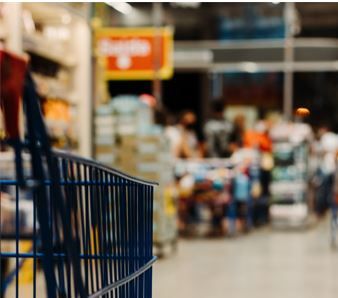
Photo/Supplied
“Even today, the social services select committee is looking at the legislation around the [benefit] sanctions.
“That needs to be more taken into account in consideration of the complexities and challenges of those that are on welfare and not restrict them.”